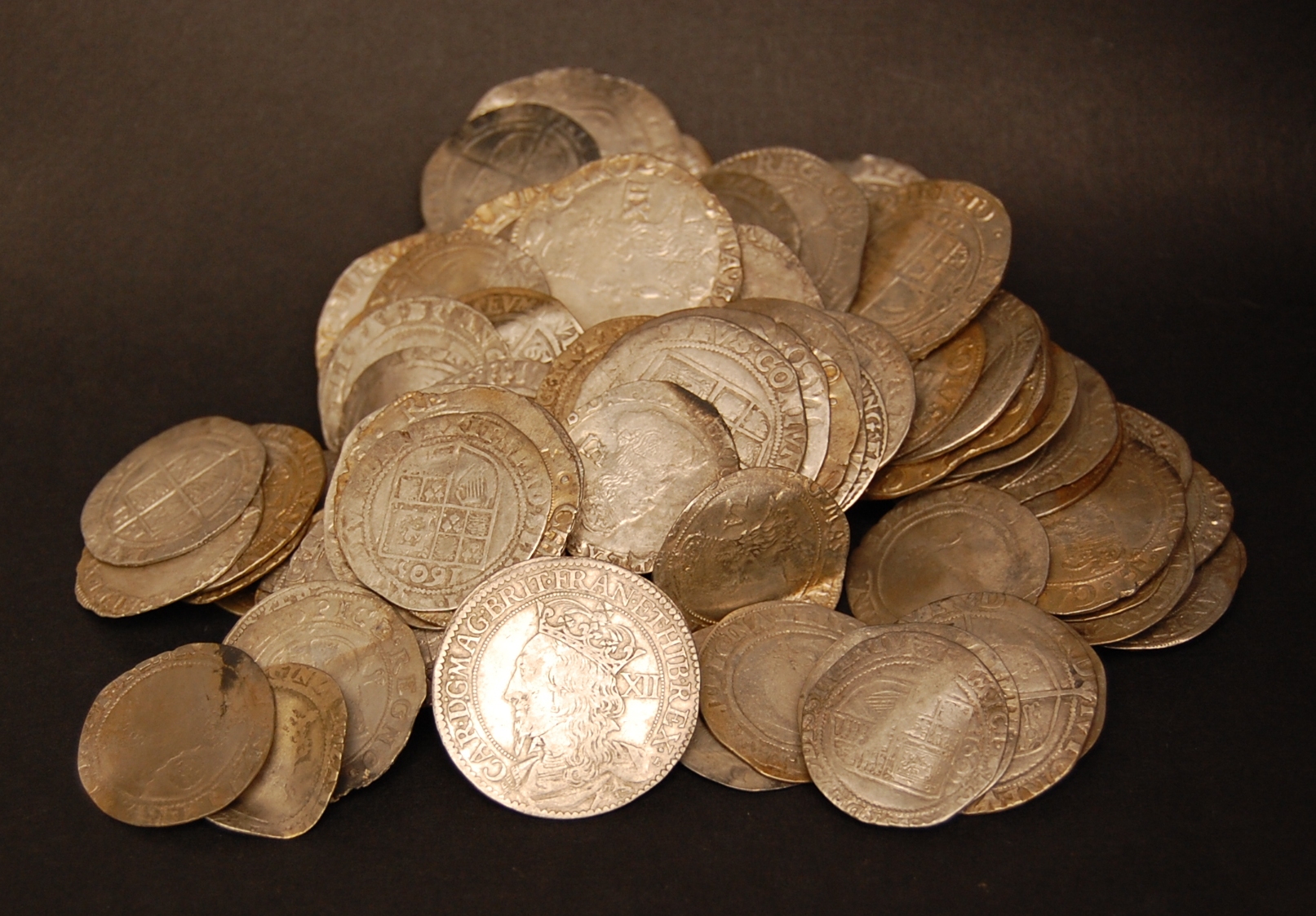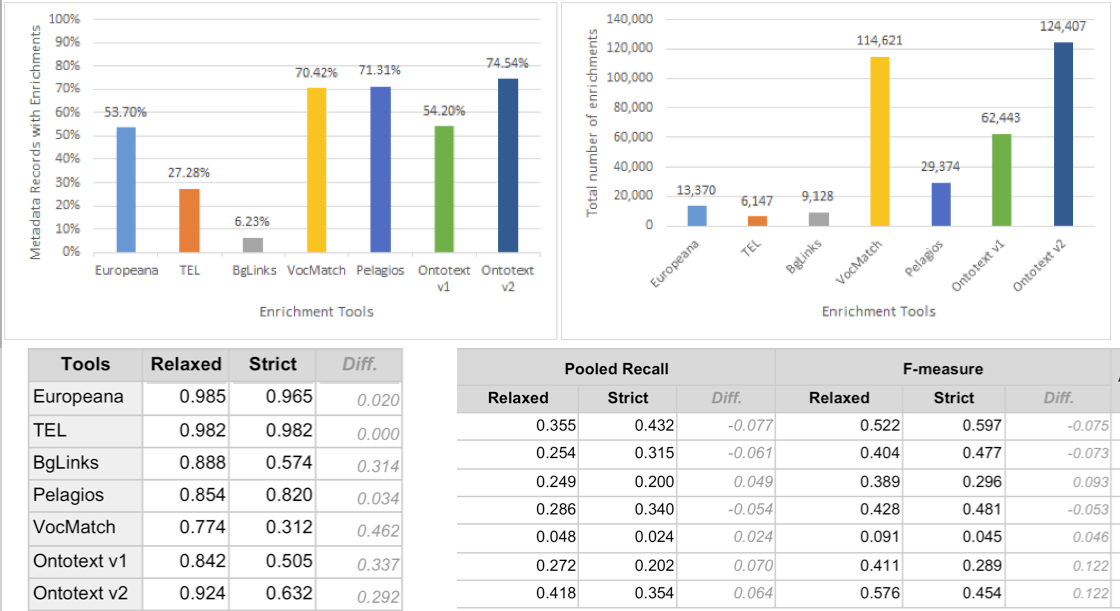Enriching Europeana: new EuropeanaTech Task Force report
Semantic metadata enrichments can be hugely beneficial for searching Europeana in different languages and adding context to resources accessible via Europeana.
Today we’re pleased to publish the report from the EuropeanaTech Task Force on Evaluation and Enrichment.
Read the report on the Task Force page
Semantic metadata enrichments can be hugely beneficial for searching Europeana in different languages and adding context to resources accessible via Europeana. Add enrichments that are incorrect or ambiguous, however, and the benefits can be reversed, spreading errors across multiple languages and harming the retrieval performance. A report from a previous EuropeanaTech Task Force on Multilingual Enrichment in 2014 has already explored some of these problems. So what have we done to build on this since then?

Medieval coin hoard, The British Museum and the Portable Antiquities Scheme, CC BY-SA
First, we drew a broad picture of automatic and manual semantic enrichment of metadata in Europeana. We refined what we mean by semantic enrichment, taking the different notions around it into account. We created an overview of the enrichment tools and services developed in the Europeana Network over recent years, reflecting the diversity of different processes which have been investigated and used.
From here, we began to think more about how to select suitable datasets for enrichment. You can find our resulting selection criteria for target datasets and examples of their application in a separate companion document to the main report, making them easy for others to refer to in the future.
Last of all, we carried out a large-scale comparative evaluation of automatic semantic enrichments services from different Europeana projects. By applying these tools to the same dataset, we were able to gather detailed qualitative and quantitative results about the way these systems work and how they can be optimized to better perform on Europeana’s metadata. This study is the first of its kind in our Network, and as well as providing us with a valuable insight into the topic itself, we also learned some crucial lessons about methodology that we hope future efforts can benefit from. To make it easier to read about all of this, we have also published a companion document with full details of our evaluation.

Evaluation figures from the report
All in all, the Task Force’s work gives a useful overview of the different processes in semantic enrichment and offers guidance on how to assess each of these steps so as to carry out a coherent enrichment strategy.
We hope our work will help technologists and other practitioners develop and exploit enrichment processes with greater efficiency and efficacy, and that these processes become more interoperable too - making them easier for others to compare, validate and re-use.
Feel free to contact us if you have any feedback about these documents. The Europeana Network is a place always open for comments and suggestions!
You can also browse Europeana Pro to explore other EuropeanaTech activities.
